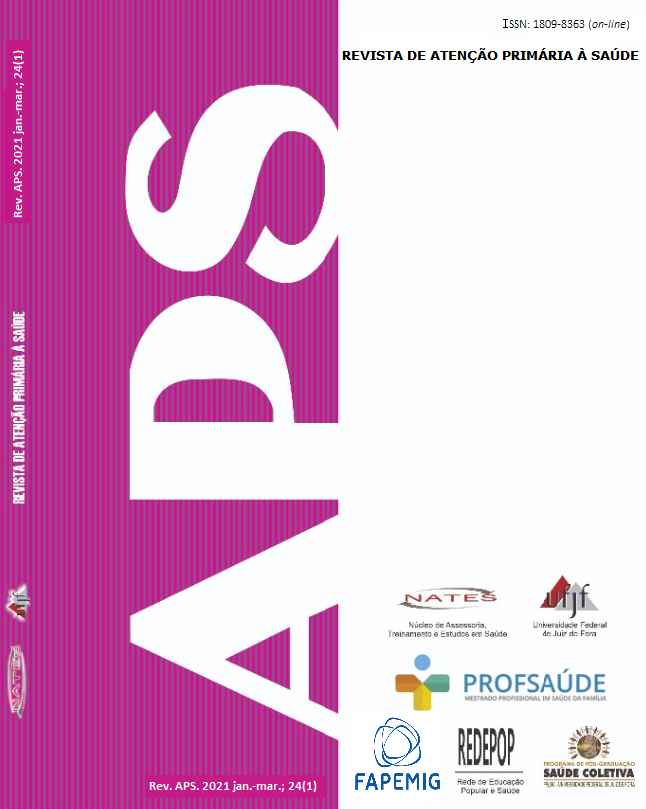Fatores que interferem na história da doença de pessoas com diagnóstico de hipertensão arterial: uma abordagem a partir do genograma e ecomapa
DOI:
https://doi.org/10.34019/1809-8363.2021.v24.32569Keywords:
Atenção Primária à Saúde, Doença Crônica, Relações FamiliaresAbstract
In Brazil, 25% of the adult population has Systemic Arterial Hypertension (SAH), in addition to being a major cause of deaths from diseases of the circulatory system, it carries a high socioeconomic burden. From the perspective of the expanded concept of health and its multiple determinants, the family and community seem to contribute to the individuals' health-disease processes and treatment, and their understanding is important for the management of care. Therefore, the objective of this work is to evaluate compensated and decompensated patients for SAH, taking into account their family patterns, their way of interacting with social offerings and support networks, seeking to understand how these factors interfere in the history of their disease through Genogram and Ecomap. This is a qualitative, exploratory-descriptive study, composed of a convenience sample of ten people, in which we sought to represent, through graphic drawings of the Genogram and Ecomapa, the family and social relationships of users of an FHS affected by SAH. Data collection was carried out using the Focal Life History, being analyzed according to the Calgary Family Assessment Model. The sample of this study was composed by 10 people, being 08 of the feminine sex, being four of them allocated in the group of decompensated patients and four in the group of compensated patients and 02 men, one in each group. The Genogram and Ecomapa proved to be complementary instruments to the collection of data from patients in the clinic and indispensable for the recognition of the family and community as active participants in the process of chronic illness, acting sometimes as facilitators, sometimes as difficulties when these relationships are strengthened or shaking.











